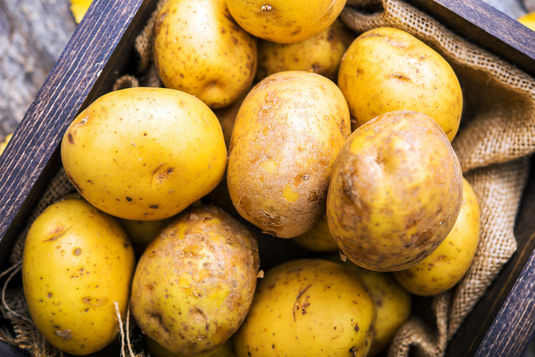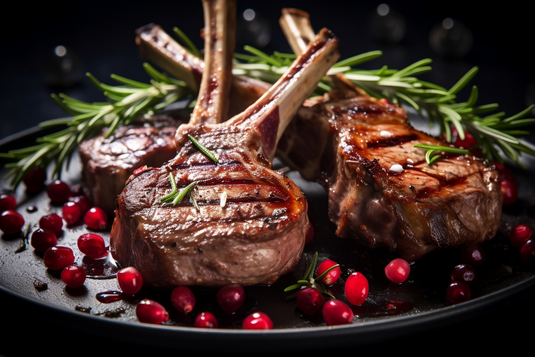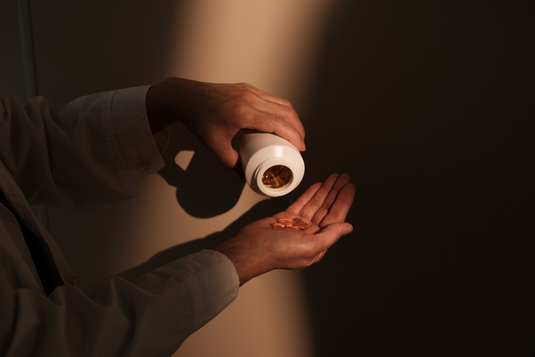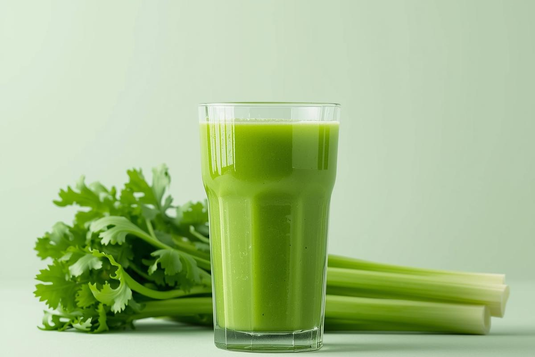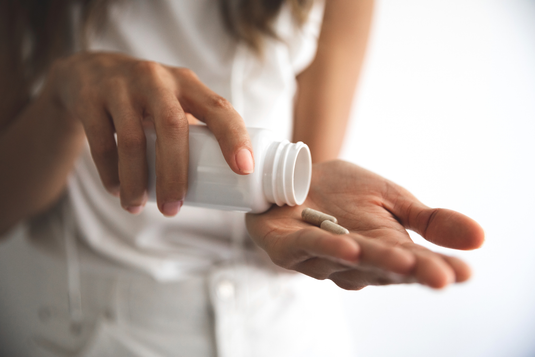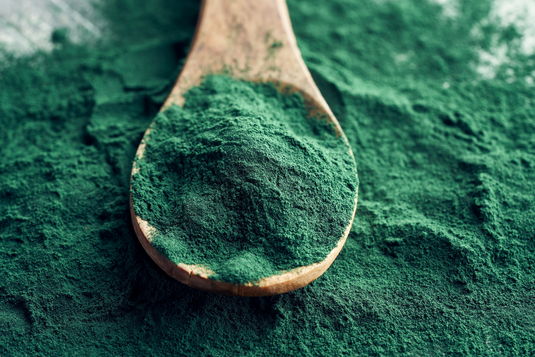When people eat potatoes, they often choose something to add to them. Most often we add cheese or cream on baked potatoes, milk and butter on mashed potatoes and mayonnaise in potato salad. You can hardly see anyone eating only potatoes. Even when one eats regular French fries in a restaurant, they are not actually just potatoes, but potatoes coated or fried in vegetable oil.
When we think of potatoes, our association is often "high in carbohydrates" or "it will add unwanted pounds" and we choose to stay away from them. Potatoes are becoming a food victim of misinformation. We worry so much about carbs that we think that's the problem and miss something more important - what we add to the potatoes.
As we eat a bag of greasy chips, we have grease smeared on our hands and face, on the drink we're holding, on our napkin, and yet we say to ourselves, “I need to watch my carbs. I'm eating too many french fries.'' Instead, we should say to ourselves, 'I need to be careful with the fat, I'm eating too much fat.' The same concept applies to baked potatoes with cream, butter and cheese. We can say, "I just ate a lot of carbs," instead of the truth, which is, "I just put a ton of fat on my potatoes." It is the combination of fats and carbohydrates that is problematic for the body. Our bodies have no trouble breaking down, absorbing and digesting the glucose from the potato – our bodies thrive on it. Our liver, gall bladder, stomach and pancreas have a hard time digesting and breaking down fat, especially in the form of dairy products – milk and cheese, butter, frying oil and lard. These fats, not potatoes, are to blame for weight gain, and when we ignore them, it defies common sense.
The role of potatoes in diabetes and insulin resistance
Potatoes are underrated as a bad food for diabetics because many people believe that potatoes raise A1C levels. The truth is that potatoes are not to blame for raising A1C levels in the body. The fats contained in oil and dairy products, which are usually eaten on top of potatoes, are the cause of the increase in A1C levels in the body. When fat and sugar are consumed together, insulin resistance can occur. This can happen because fat in the bloodstream prevents sugar and insulin from entering the cells, and instead keeps them in the blood, leading to insulin resistance. ( For more on this topic, see Anthony William's Tips for Type 2 Diabetes and Hypoglycemia . )
Medicinal properties of potatoes
Health experts believe that potatoes are devoid of nutrients, which could not be further from the truth. Potatoes are high in zinc and L-lysine, which are antiviral compounds and are critical to stopping the viruses that underlie lupus, multiple sclerosis (MS) , rheumatoid arthritis , Lyme disease , and chronic fatigue syndrome . Raynaud's syndrome, vertigo , postural tachycardia syndrome (POTS), endometriosis, polycystic ovary syndrome (PCOS) , fibroids and many others. Health professionals will advise a patient struggling with endometriosis or PCOS to eat butter, cheese and eggs, but stay away from potatoes. Potatoes are an antiviral food and can stop the growth of pathogens; while dairy, the food many people put on potatoes, is what feeds viruses, breeds pathogens, and can accelerate disease.
Potatoes and the central nervous system
The glucose in potatoes strengthens the central nervous system and is critical for anxiety, depression, bipolar disorder, obsessive-compulsive disorder (OCD), and anyone going through emotional struggle or hardship. Potatoes are also important for people who have other neurological diseases, such as chronic fatigue syndrome , multiple sclerosis (MS) , Parkinson's disease , and amyotrophic lateral sclerosis (ALS) .
How potatoes help the intestinal tract
Potatoes nourish the good bacteria in the gastrointestinal tract while destroying the bad bacteria, such as streptococcus , clostridium difficile and Escherichia coli. Potatoes also soothe the lining of the intestinal tract and can help treat Crohn's disease, colitis, irritable bowel syndrome , celiac disease, ulcers, gastroparesis, esophageal spasms, bloating , and other digestive disorders. Learn more about how potatoes can help with digestive disorders in the book The Best Foods .
Potatoes and food poisoning
Many people who get food poisoning struggle with the effects long after they've recovered from the next episode. They may continue to have mild bouts of nausea, cramping, bloating , discomfort, intermittent pain, and even constipation. Potatoes are a soothing food that is gentle on the lining of the intestinal tract and is helpful for full recovery. Eating steamed potatoes on their own is a useful way to speed up your recovery.
How to move forward
Potatoes are an absolute underdog – full of potential, but forever overlooked and overlooked. They've been getting their bad name for too long. Potatoes are valuable and beneficial to your health and can help treat many health symptoms and conditions. Learn more about potatoes and other healthy foods that have fallen victim to misinformation in Anthony William's book The Healthiest Foods .
